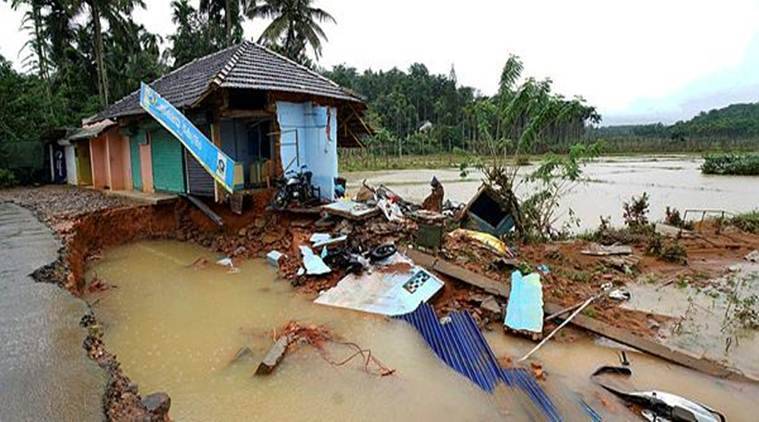The Indian government on Thursday released new rules regulate social media, streaming and digital content platforms.
Addressing a press conference, Union minister Ravi Shankar Prasad detailed some of the strict oversight mechanisms for social media companies, including a robust grievance mechanism besides measures for speedy redressal.
He also said that the government wants social media platforms operating in the country to introduce a mechanism for better verification of users. Prasad said that the “significant social media” rules need to be implemented within three months.
Stressing on the the misuse of social media in the country, Ravi Shankar Prasad said that the government wants social media platforms operating in the country to introduce a mechanism for better verification of users. Prasad said that the “significant social media” rules need to be implemented within three months.
“Social media platforms upon being asked either by a court order or a govt authority will be required to disclose the first originator of mischievous tweet or message as the case may be,” Prasad said.
“Double standards of social media will not be acceptable,” Ravi Shankar Prasad added during his speech.
While the new rules for social media and other digital platforms will be governed by the IT Ministry, the Information and Broadcasting Ministry will be the governing body for rules concerning streaming platforms. Referring to films and other entertainment, including web-based serials, the draft rules called for a “classification rating” to describe the content and advise discretion.
The rules would also force streaming services like Netflix and Prime Video, who objected to an independent appellate body for hearing streaming complaints, to submit to the authority of an appeals body headed by a retired high court or Supreme Court justice. If this body believes that the content violates the law, it would be empowered to send the content to a government-controlled committee for blocking orders to be issued.































